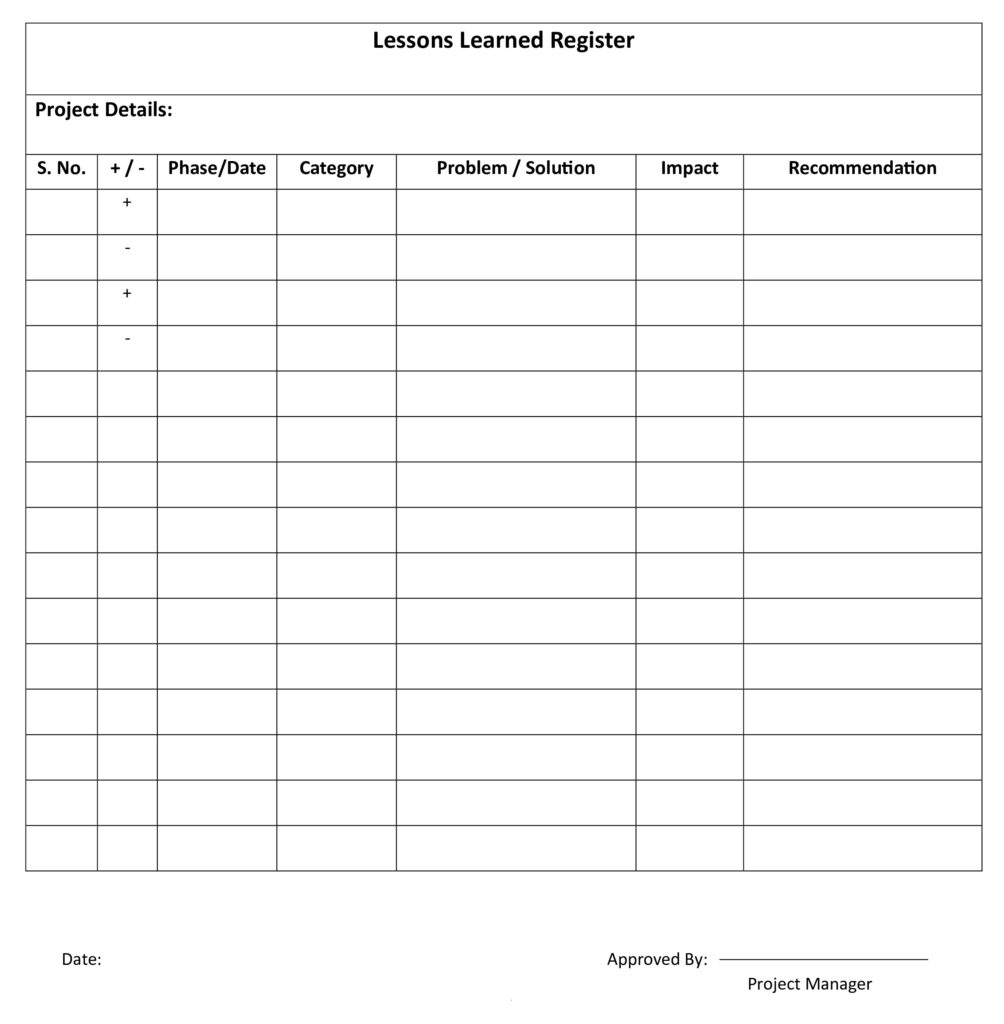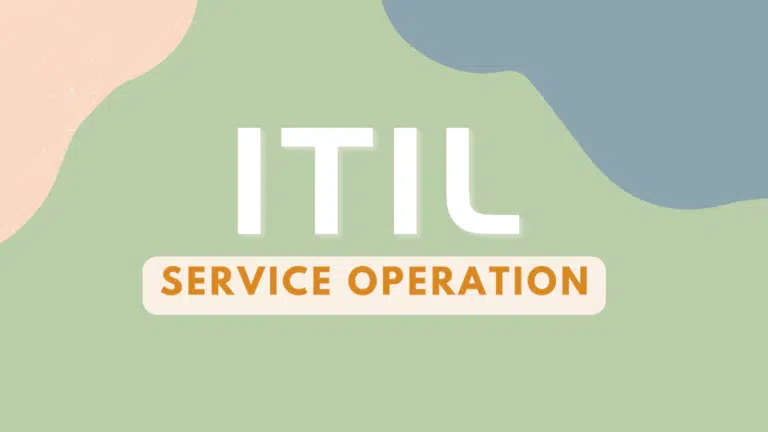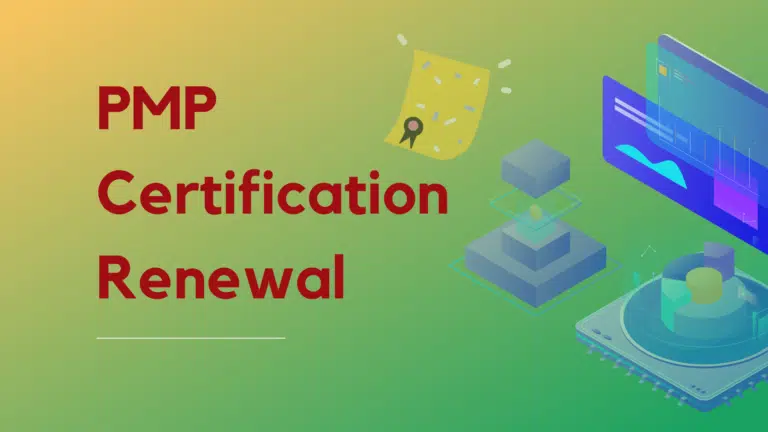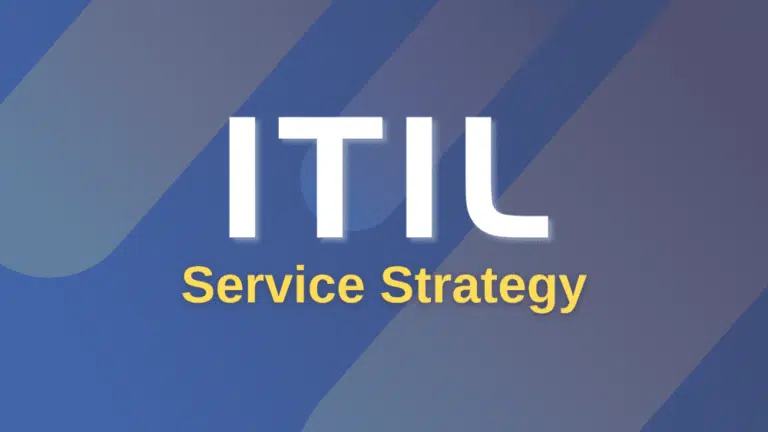In project management, adapting and improving through experience is the key to success, and the lessons learned register is a vital tool to help continuous improvement through knowledge sharing. This project document is a source of knowledge gained throughout the project lifecycle. It promotes a learning culture and prevents repeating mistakes.
A PMI survey shows that 78% of project managers reported that maintaining a lessons-learned register increases the chances of project success. The register is a repository for positive outcomes and challenges faced during the project lifecycle, and it provides a valuable resource for future projects.
In today’s blog post, I will explain the lessons learned register and provide a generic free template in JPG and Word format so that you can use it for your project.
First, let’s discuss lessons learned.
What Are Lessons Learned?
Lessons learned are experiences you gain from completing a project that can help you do a better job in the next project. It is a process to capture knowledge and turn it into useful information for the organization.
Organizations can use this knowledge to improve their processes, policies, and procedures and adapt better project management approaches.
Lessons learned help avoid past mistakes and repeat the same errors; they improve future performance.
What is a Lessons-Learned Register?
A lessons-learned register is a project document that systematically records lessons learned throughout the project lifecycle. These lessons learned are archived as a lessons-learned repository in the organizational process assets for future reference to help the organization build foundational knowledge based on past experiences.
These lessons learned help organization improve their efficiency.
The lessons-learned repository is a centralized database that stores and archives lessons learned from different projects. These repositories allow live access to lessons-learned documents for project teams so that they can learn from experience and improve their project performance.
Project teams can add, update, or modify the lessons-learned repositories to ensure that they are always updated, that only useful information is included, and that fluff is removed.
Contents of the Lessons-Learned Register
At a minimum, the lessons-learned register should include the following elements:
- Problems
- Solutions
- Impacts
- Recommendations
You can add the following additional information to make it more detailed and robust:
- Categories
- Statuses
- Responsible Team Members
- Follow-Up Actions
- Dates of Issue Occurrence
Lessons-Learned Register Template
The following image is an example of a basic template for the lessons-learned register document:

Lessons-Learned Register Benefits
The benefits of lessons learned in project management are immense.
Lessons learned in project management affect the project objectives positively. The Standish Group’s CHAOS Report shows that organizations using Lessons-learned registers experienced a 20% increase in project success rates.
Lessons-learned register helps risk management as project managers can go through old lessons learned and find the risks for their projects. The International Journal of Project Management published a study showcasing that projects using lessons learned processes were 30% more effective in risk management.
This project-management document helps preserve and organize knowledge gained during the project lifecycle. This knowledge is valuable for future projects. By recording lessons learned, project managers can identify areas for improvement in processes, methodologies, and approaches.
The register provides details on past mistakes. By documenting these errors and their consequences, project managers can avoid repeating the same mistakes in their projects.
Explicit and Implicit Knowledge
Explicit knowledge is formal, codified information that is easily communicated and documented. You can find this knowledge in manuals, documents, and databases. Examples of explicit knowledge include standard operating procedures, guidelines, specifications, project plans, etc.
Implicit knowledge is informal and experiential, and this is difficult to record. You gain and retain this knowledge through personal experience. Examples of implicit knowledge include skills, expertise, insight, and personal experiences that are not explicitly documented. Implicit knowledge is also known as “tacit knowledge.”
When recording in the lessons-learned register, you must document explicit knowledge using templates in clear, structured formats. This involves storing documents, guidelines, and procedures in a central repository or knowledge-management system.
Recording implicit knowledge requires a planned approach. You conduct interviews or discussions with project team members to extract their tacit knowledge. You encourage team members to share personal experiences and insights. You can capture implicit knowledge in narrative, storytelling, and multimedia formats such as videos or audio recordings.
Integrating explicit and implicit knowledge in the lessons learned register is crucial. A robust lessons-learned register should include insights, challenges faced, and solutions applied during the project. Team members should be encouraged to contribute their implicit knowledge through interviews, surveys, and/or workshops.
Recording Lessons Learned in the Lessons-Learned Register
Knowledge management (KM) is the process of capturing, organizing, storing, retrieving, and sharing information within an organization to enhance its effectiveness and performance. It involves creating, distributing, and applying knowledge to achieve an organization’s goals and objectives.
Knowledge management aims to use an organization’s collective intelligence and expertise as well as to make this knowledge available to everyone for decision-making and problem-solving.
In project management, you can use knowledge management to capture explicit and implicit knowledge in the lessons-learned register to develop shared repositories or databases for project-related information.
Summary
A lessons-learned register is a tool in project management that records knowledge earned from completing past projects (e.g., mistakes, successes, and solutions). By reviewing previous errors, project managers can take preventive actions to avoid repeating the same mistakes and improve decision-making.
This topic is important from a PMP exam point of view.

I am Mohammad Fahad Usmani, B.E. PMP, PMI-RMP. I have been blogging on project management topics since 2011. To date, thousands of professionals have passed the PMP exam using my resources.







